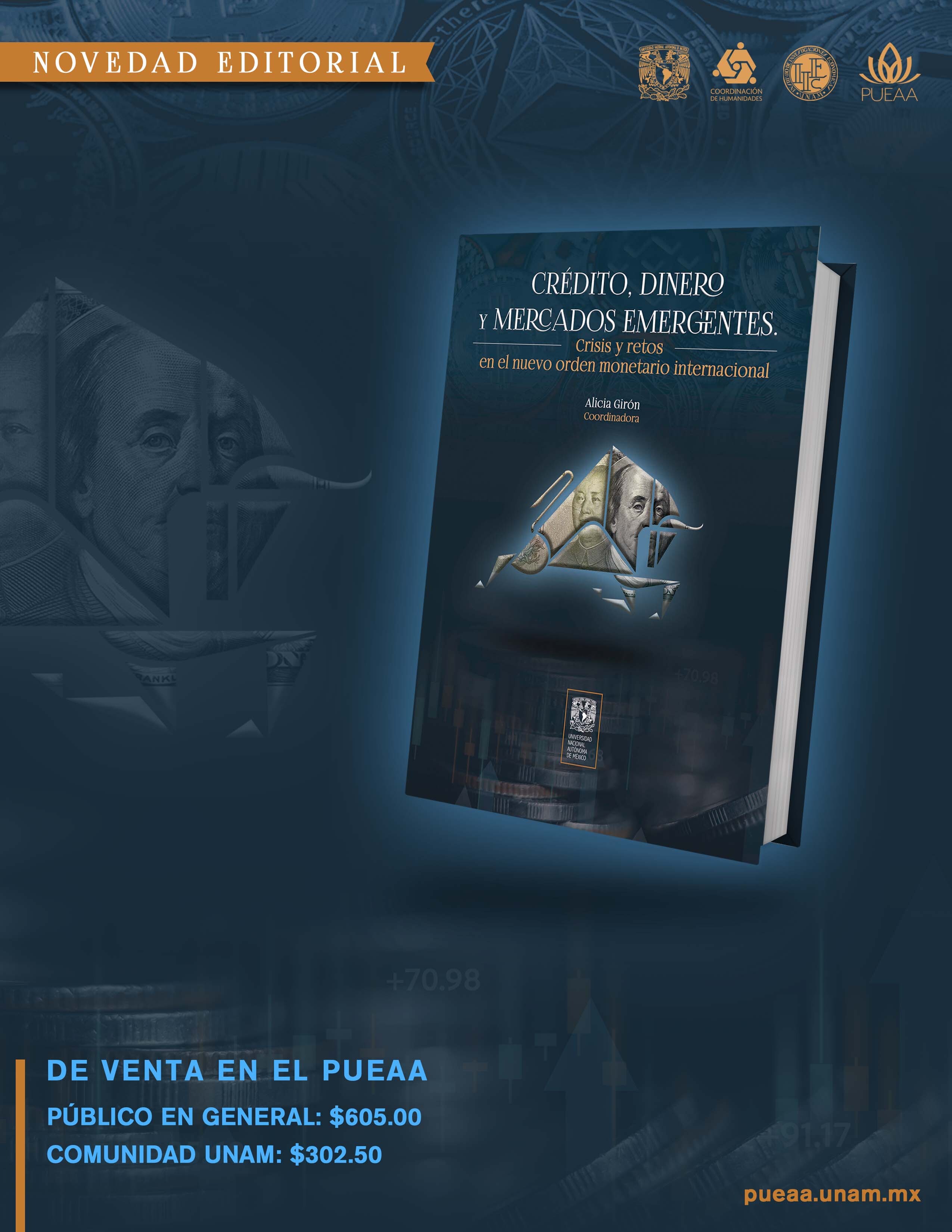Professor-researcher at the Department of Pacific Studies at the University Center for Social Sciences and Humanities of the University of Guadalajara (UdeG) since 1989. She holds a PhD in Trans-Pacific International Relations from the University of Colima; PhD Candidate in Economics and a Master in Economics from the University of Colorado in Boulder.
She is a member of the National System of Researchers of the National Council of Science and Technology (Conacyt). She is founder and editor of the journal México y la Cuenca del Pacífico. She is a founding member of the Center for Japanese Studies of the UdeG. She participated in the bi-national study group to strengthen relations between Mexico and Japan. She is a founding member of the Mexico Chapter of the Pacific Economic Cooperation Council (PECC-MX) and a member of the Mexican Consortium of APEC Study Centers.
She has been a visiting professor at the Center for Integrated Area Studies (CIAS) of Kyoto University and at the Institute of Developing Economies of Japan. In 2016 she received from the Japanese Foreign Ministry, the Recognition for Promoting Understanding between Japan and Mexico. She has published articles and book chapters on Japan's economy and development; Mexico-Japan economic relations and on Japanese migration to Guadalajara.


